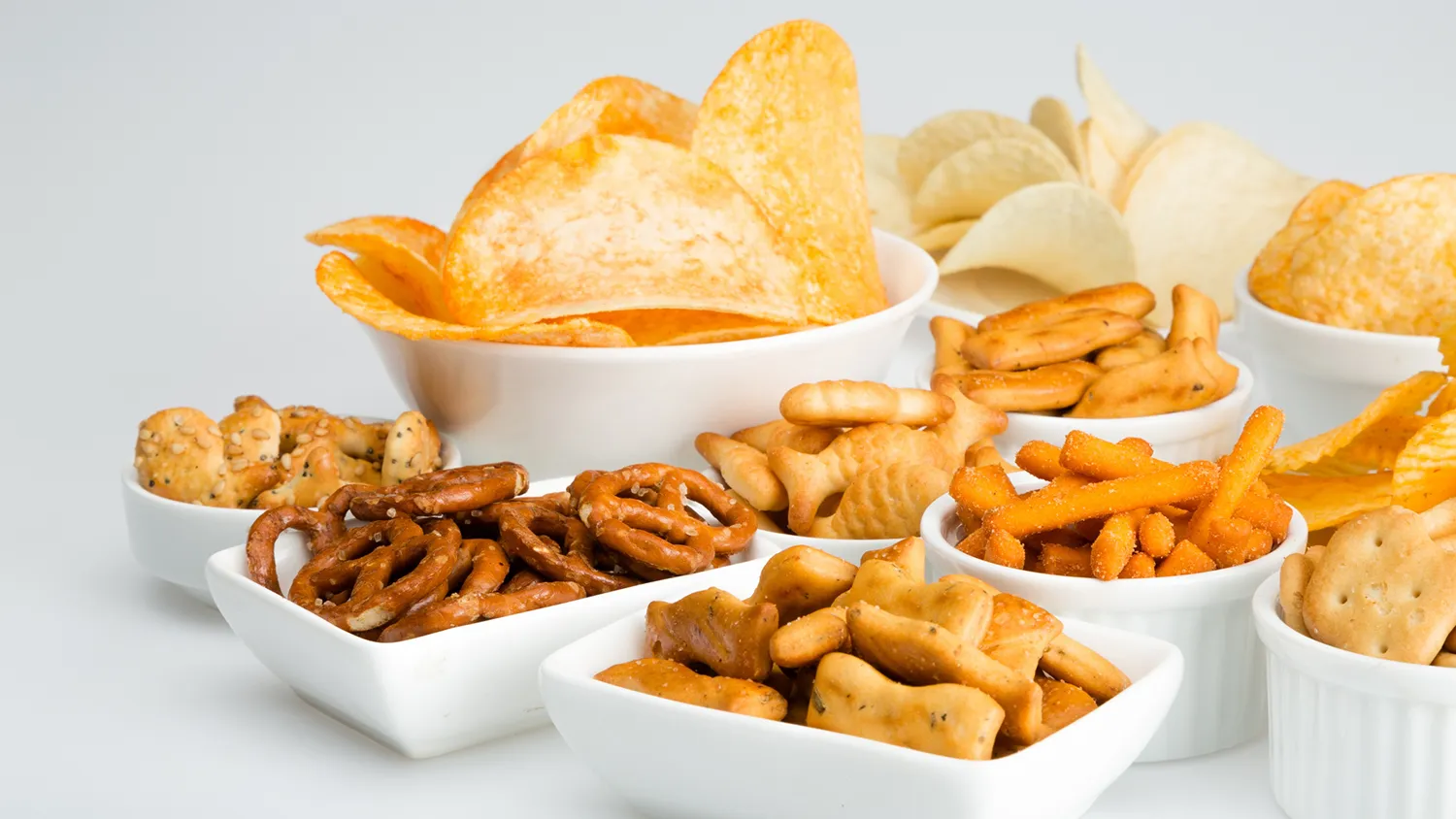Bloating and gas can be uncomfortable and embarrassing. Various foods that cause chip digestive issues, often due to their fiber content, the presence of certain sugars, or other components that affect gut health. Here are some common culprits:
1. Beans and Legumes
Beans, lentils, and other legumes contain oligosaccharides, complex sugars that the body struggles to break down. As a result, they pass through to the colon, where bacteria ferment them, causing gas and bloating.
2. Cruciferous Vegetables
Vegetables like broccoli, cauliflower, cabbage, and Brussels sprouts are high in fiber and raffinose, a type of sugar that can cause gas. These veggies can be particularly challenging for some people to digest.
3. Dairy Products
For those who are lactose intolerant, dairy products like milk, cheese, and ice cream can cause bloating and gas. This happens because their bodies lack the enzyme lactase, which is needed to digest lactose, the sugar in dairy.
4. Carbonated Drinks
Carbonated beverages, including soda and sparkling water, introduce extra gas into the digestive system. This can lead to bloating and discomfort.
5. Whole Grains
Whole grains such as wheat, oats, and barley are high in fiber and can cause bloating and gas if consumed in large quantities. They also contain raffinose and starch, which are broken down in the large intestine.
6. Onions and Garlic
Onions and garlic contain fructans, a type of soluble fiber Foods that cause chip bloating. These foods are also known to cause digestive issues in some people.
7. Fruits High in Fructose
Fruits such as apples, pears, and mangoes contain fructose, a sugar that can cause gas and bloating in some people, especially those with fructose malabsorption.
8. Chewing Gum
Chewing gum can lead to swallowing air, which contributes to bloating. Additionally, many sugar-free gums contain sorbitol, a sugar alcohol that can cause gas.
9. Processed Foods
Processed foods often contain additives like artificial sweeteners (e.g., sorbitol, mannitol, and xylitol) that can cause digestive issues. They also tend to be high in sodium, which can lead to water retention and bloating.
10. Fatty Foods
High-fat foods, such as fried foods, can slow digestion and increase the risk of bloating and gas. Fatty foods take longer to digest, which can cause them to remain in the stomach longer and produce gas.
11. Alcohol
Alcohol, especially beer, can cause bloating and gas. Beer contains fermentable carbohydrates, which can lead to gas production.
12. Artificial Sweeteners
Sweeteners like aspartame and sucralose can cause digestive issues in some people. They are often found in diet sodas, sugar-free candies, and other low-calorie or sugar-free products.
Tips to Reduce Bloating and Gas
- Eat Slowly: Eating too quickly can cause you to swallow air, which leads to bloating.
- Avoid Carbonated Drinks: Choose still water or herbal teas instead.
- Monitor Fiber Intake: Gradually increase your fiber intake to allow your body to adjust.
- Stay Hydrated: Drinking plenty of water helps prevent constipation and reduces bloating.
- Avoid Sugar Alcohols: Check labels for sugar alcohols that can cause digestive issues.
- Cook Vegetables: Cooking vegetables can make them easier to digest.
- Probiotics: Consider adding probiotics to your diet to improve gut health.
By being mindful of these foods and making dietary adjustments, you can help reduce the occurrence of bloating and gas
FAQs About Foods That Cause Chip,Bloating and Gas
1. What foods are most likely to cause bloating and gas?
Foods that cause chip bloating and gas include beans, lentils, broccoli, cauliflower, cabbage, dairy products, carbonated drinks, whole grains, onions, garlic, apples, pears, chewing gum, processed foods, fatty foods, alcohol, and artificial sweeteners.
2. Why do beans and legumes cause gas?
Beans and legumes contain oligosaccharides, complex sugars that the body struggles to break down. These sugars pass through to the colon, where bacteria ferment them, producing gas and causing bloating.
3. Can dairy products cause bloating if I’m not lactose intolerant?
Even if you’re not lactose intolerant, consuming large amounts of dairy can sometimes cause bloating due to the high fat content, which slows digestion and can lead to gas production.
4. Are there ways to reduce gas caused by cruciferous vegetables?
Yes, you can reduce gas by cooking these vegetables thoroughly, eating smaller portions, and gradually increasing your intake to allow your digestive system to adjust. Additionally, over-the-counter supplements like Beano can help break down the complex sugars in these vegetables.
5. How can I tell if a particular food is causing my bloating?
Keep a food diary to track what you eat and any symptoms you experience. This can help you identify patterns and pinpoint which foods may be causing your bloating and gas.
6. Is it true that chewing gum can cause bloating?
Yes, chewing gum can lead to swallowing air, which can cause bloating. Additionally, many sugar-free gums contain sorbitol, a sugar alcohol that can cause gas.
7. What are some alternatives to carbonated drinks that won’t cause bloating?
Opt for still water, herbal teas, or non-carbonated beverages like diluted fruit juices. Avoiding carbonated drinks can help reduce the amount of gas in your digestive system.
8. Do artificial sweeteners cause digestive issues for everyone?
Not everyone is sensitive to artificial sweeteners, but they can cause bloating, gas, and diarrhea in some people, especially when consumed in large amounts.
9. Are there any foods that can help reduce bloating and gas?
Foods that can help reduce bloating and gas include ginger, peppermint, pineapple, papaya, yogurt with probiotics, and foods high in soluble fiber, such as oats and bananas.
10. What can I do if I experience frequent bloating and gas?
If you frequently experience bloating and gas, consider making dietary changes, such as reducing your intake of high-fiber foods and artificial sweeteners, eating smaller meals, and avoiding carbonated drinks. If symptoms persist, consult a healthcare professional to rule out any underlying conditions.
11. How can I prevent bloating when eating high-fiber foods?
To prevent bloating when eating high-fiber foods, gradually increase your fiber intake to allow your digestive system to adjust, drink plenty of water, and chew your food thoroughly to aid digestion.
12. Are there any medical conditions that cause excessive gas and bloating?
Yes, conditions such as irritable bowel syndrome (IBS), small intestinal bacterial overgrowth (SIBO), and food intolerances (e.g., lactose or fructose intolerance) can cause excessive gas and bloating. If you suspect you have a medical condition, consult a healthcare professional for a proper diagnosis and treatment plan.

